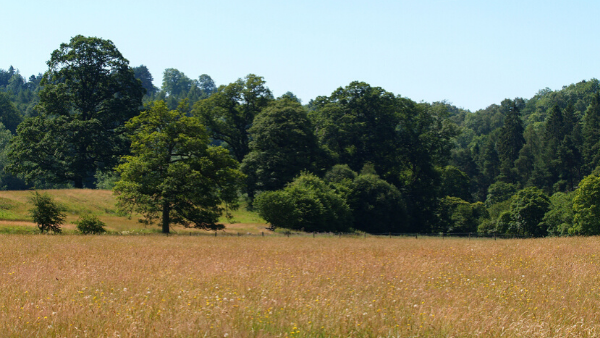The recent case of Oliver’s Battery Ltd v Winchester City Council and Another (CR/2019/0001) posed a number of interesting questions to the First Tier Tribunal concerning the Asset of community value (“ACV”) regime.
ACV regime
Under the Localism Act 2011 (“the LA”), communities are given a right to bid for and buy local land that is considered to have community value.
Land can be listed as an ACV if in the opinion of the local authority:
1. Its actual current use furthers the social well-being or social interests of the local community;
2. The current use in 1) is not “an ancillary use”; and
3. It is realistic to think that there can continue to be non-ancillary use which will further the social wellbeing or social interests of the local community.
When an owner of land listed as an ACV wishes to dispose of the land, the community is given the opportunity to raise funds and make a bid for the land. Whilst the owner is not obliged to accept an offer made by a community group, the LA imposes a 6 month moratorium, during which the owner of an ACV can only accept bids from community groups.
The case
The present case concerned an appeal against the listing of a piece of farmland as an ACV. The land had been left fallow under an EU set aside scheme. It was surrounded by public rights of way, which were widely used by the local community. There were no barriers between the public rights of way and the land. Members of the local community claimed that when the land had been left fallow, many of those using the public rights of way then used the land as a recreation field. These claims were supported by visible desire lines showing the land had been crossed. Such activities essentially amounted to trespass.
The land owner planned to develop the land for housing.
The decision
The Tribunal made the following findings which provide helpful guidance on the operation of the ACV regime in practice:
- The fact the agricultural land was left fallow did not mean that agriculture had ceased to be an actual current use of the land, or that this use was only ancillary;
- The public’s recreational use of the land was also an actual current use and this was not ancillary to its use as agricultural land. The recreational use was also not an ancillary use of the public rights of way;
- The fact that the recreational use of the land was unlawful did not prevent it being a use which furthered social well-being or social interests and there was no requirement that the actual use was lawful; and
- Although the land owner was planning to develop the land for housing, this did not mean it was unrealistic to think that the recreational use could continue as it was not certain that planning permission would be granted or that the scheme would go ahead.
Accordingly the appeal was dismissed and the land was listed as an ACV.





